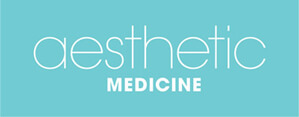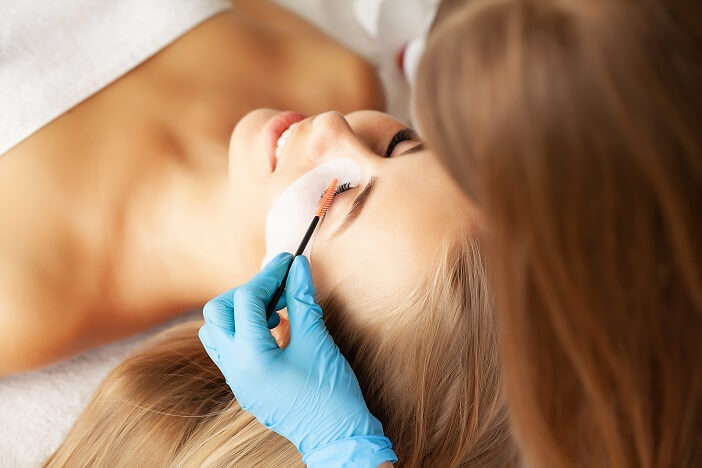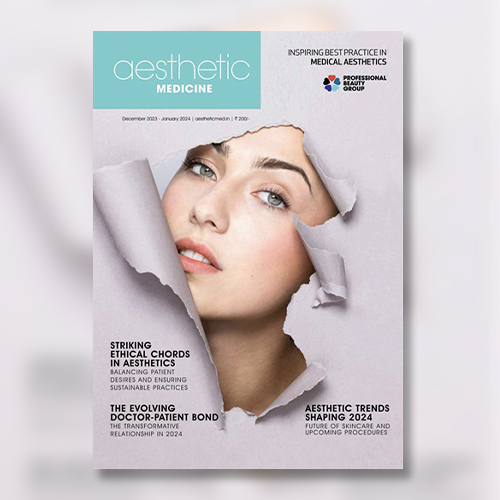A study by RealSelf says that nearly three in five US women do not know there is a difference between cosmetic surgeons and plastic surgeons.
A new RealSelf survey conducted online by The Harris Poll has revealed that 59 percent of women in the US do not know there is a difference between a cosmetic surgeon and a plastic surgeon. Real Self is the leading online resource for people to learn and share experiences about cosmetic procedures and connect with the right doctors. Here are the findings of their latest survey:
“Medical aesthetics is a little like the Wild West, and unfortunately many consumers simply don’t realise the lack of regulation,” said RealSelf Chief Medical Editor Dr Lara Devgan. “This study highlights some of the most common misconceptions and why it’s so important to do your research. As non-surgical treatments become more accessible and a wave of people seek procedures for the first time, patients must understand that it’s crucial to use RealSelf to fact-check a doctor’s credentials before booking a treatment.”
| Is there a difference between a cosmetic surgeon and a plastic surgeon? | |||
| Answer | All | Household income <$75K | Household income $75K+ |
| Yes (Correct answer) | 41% | 37% | 46% |
| No/Not at all sure | 59% | 63% | 54% |
| Source: RealSelf.com survey conducted by The Harris Poll | |||
How do plastic surgeons and cosmetic surgeons differ?
More than half of the women surveyed (59 percent) do not know there is a difference between a cosmetic surgeon and a plastic surgeon. Plastic surgeons and cosmetic surgeons do not receive the same level and duration of training after medical school. In order to be certified by the American Board of Plastic Surgery, surgeons must have at least six years of residency training, while certification from the American Board of Cosmetic Surgery requires only one year. Furthermore, the American Board of Medical Specialties, which is one of the leading organisations overseeing physician board certification in the United States, recognises the American Board of Plastic Surgery as an official board but not the American Board of Cosmetic Surgery.
Who is allowed to perform surgical cosmetic procedures?
The findings also reveal widespread misunderstanding about the qualifications required to perform cosmetic surgery. More than eight in 10 women (84 percent) in the US are unaware that medical professionals do not have to be board certified in plastic surgery to perform surgical cosmetic procedures like rhinoplasty or breast augmentation. More than half of women (55 percent) think medical professionals are required to be board certified and about one-third (29 percent) say they don’t know. To add to the confusion, only about one in five (19 percent) women in the US know that a licensed physician can advertise as a cosmetic surgeon, even if they have no formal training in plastic surgery. Household income has a significant impact on how well women understand who is allowed to perform cosmetic surgeries.
Most Valuable Information: Patient Reviews, Provider’s Education and Board Certification
U.S. women who have had or are considering a cosmetic procedure say patient reviews (67 percent) and a provider’s education and board certification (66 percent) are the most valuable pieces of information when choosing a doctor for a cosmetic treatment or procedure. Least important is the provider’s social media presence (14 percent).
percent).
| Most valuable information when choosing a cosmetic treatment provider | |
| Patient reviews | 67% |
| Education and board certification | 66% |
| Before and after photos | 53% |
| The provider’s prices | 45% |
| Friend/Family recommendations | 42% |
| The provider’s website | 32% |
| The provider’s social media presence | 14% |
| Other | 3% |
| Source: RealSelf.com survey conducted by The Harris Poll | |
Top Consumer Concerns: Cost, Complications, Finding a Provider
Among those who have had or are currently considering a cosmetic procedure, almost all (94 percent) have at least one concern related to the procedure. The top concern is paying for the procedure (64 percent), followed by fear of complications or a bad result (60 percent) and finding the right provider (51 percent).
| True or False: A medical professional who performs surgical cosmetic procedures (e.g., breast augmentation, rhinoplasty) must be a board-certified plastic surgeon. | |||
| Answer | All | Household income <$75K | Household income $75K+ |
| False (Correct answer) | 16% | 14% | 20% |
| True | 55% | 57% | 53% |
| I don’t know | 29% | 29% | 28% |
| Source: RealSelf.com survey conducted by The Harris Poll | |||
| True or False: A licensed physician is allowed to advertise as a cosmetic surgeon, even if they have no formal training in plastic surgery. | |||
| Answer | All | Household income <$75K | Household income $75K+ |
| True (Correct answer) | 19% | 16% | 23% |
| False | 43% | 48% | 46% |
| I don’t know | 38% | 35% | 41% |
Source: RealSelf.com survey conducted by The Harris Poll










Leave a Reply